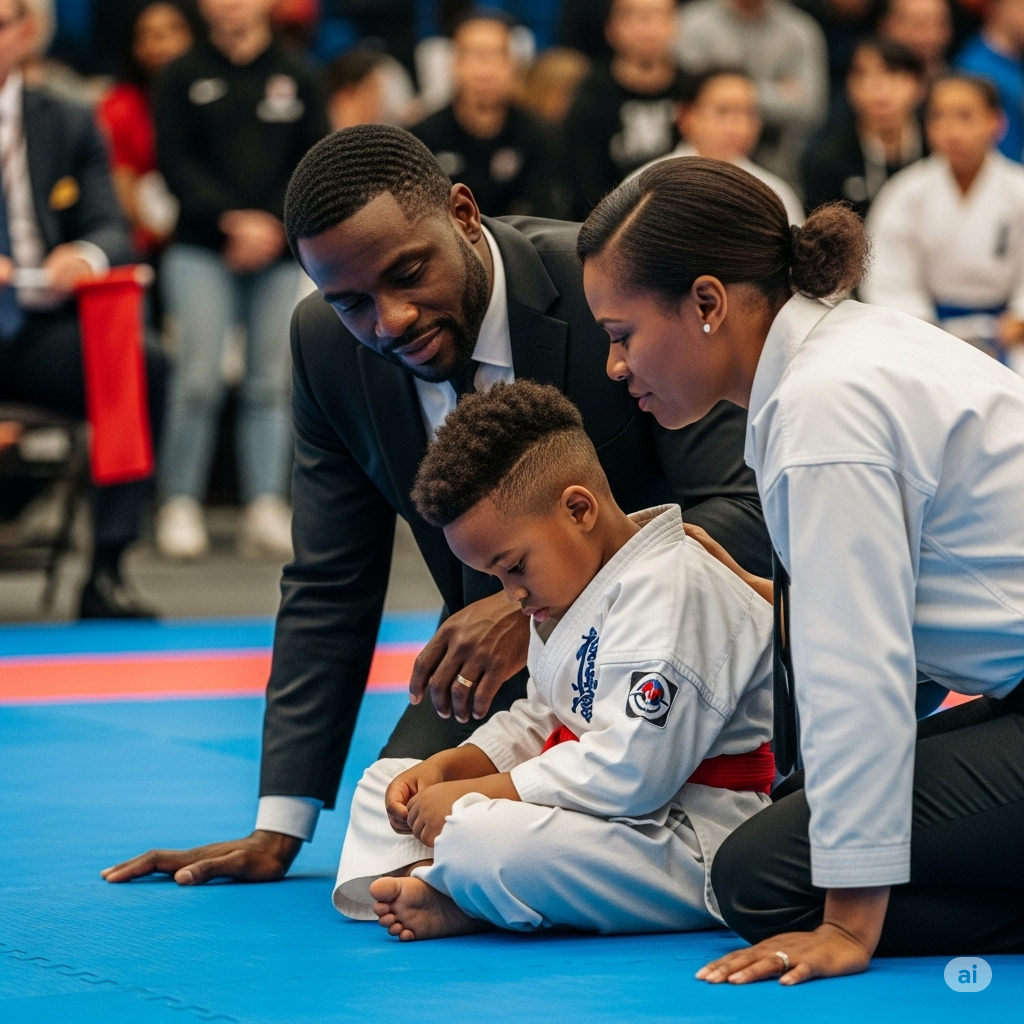How to Teach Children to Be Graceful Winners and Good Competitors
Winning feels great. Losing? Not so much.
For children, both winning and losing come with big emotions—excitement, pride, disappointment, frustration. Without guidance, these moments can lead to gloating, meltdowns, quitting, or even hurtful behavior.
But games, competitions, and challenges are perfect opportunities to teach kids something more important than winning: character.
In this article, you’ll learn how to help your child handle both victory and defeat with confidence, kindness, and humility—skills that matter far beyond the game board.
Why It Matters
Children who learn to win and lose well:
- Build emotional regulation
- Develop empathy for others
- Strengthen friendships
- Handle challenges more gracefully
- Focus on effort over outcome
- Grow into respectful, confident adults
These skills support sportsmanship, resilience, and maturity.
1. Talk About Winning and Losing Before the Game Starts
Prepare your child emotionally before they win or lose.
Say:
- “Let’s practice being kind whether we win or not.”
- “Games are for fun, not just winning.”
- “How do you think we can show respect to others during the game?”
This helps them enter the activity with the right mindset.
2. Model the Behavior You Want to See
Kids are always watching. How you react teaches them how to respond.
If you win, try:
- “That was a fun game. You played really well!”
- “I liked how you kept trying—let’s play again soon.”
If you lose, try:
- “You got me this time! Great job.”
- “I had fun even though I didn’t win.”
Grace starts with example.
3. Focus on Effort, Not Outcome
Shift the spotlight from winning to trying, learning, and enjoying.
Say:
- “You worked hard and stayed focused—that’s what counts.”
- “I saw how much you improved from last time.”
- “It’s fun to play together, no matter who wins.”
This teaches kids that their value isn’t tied to the result.
4. Celebrate Others’ Success
Teach your child to acknowledge and congratulate the winner—even if it’s not them.
Practice phrases like:
- “Good game!”
- “You did awesome!”
- “Nice job—want to play again?”
And let them hear you say it, too. Encouraging others builds empathy and humility.
5. Validate Disappointment—But Set Limits on Behavior
It’s okay to feel disappointed. It’s not okay to hurt others with that disappointment.
Say:
- “It’s normal to feel frustrated when we lose.”
- “You’re allowed to be upset, but not to throw the game pieces.”
- “Let’s take a break and try again later.”
This builds emotional awareness with respectful boundaries.
6. Encourage Try-Again Moments
Losing doesn’t mean it’s over—it’s a chance to grow.
Say:
- “Want to play again and try a new strategy?”
- “What did you learn this time?”
- “Even the best players lose sometimes.”
This builds resilience and a growth mindset.
7. Keep Competition Fun and Fair
Avoid overly intense pressure or high-stakes competition, especially with younger kids.
Try:
- Cooperative games where players work together
- Switching up teams regularly
- Letting your child create or modify rules sometimes
Games should be about joy and learning—not fear of failure.
8. Help Them Notice How They Feel in Each Role
After playing, talk about their emotional experience:
Ask:
- “How did it feel to win?”
- “What helped you stay calm when you lost?”
- “How did you show kindness today?”
This deepens self-awareness and empathy.
9. Use Praise Strategically
Praise behavior, not just achievement.
Say:
- “I saw how you encouraged your friend—that was thoughtful.”
- “You clapped when your sister won. That’s gracious.”
- “You stayed in the game even when it was tough—awesome perseverance.”
Praise teaches kids what to repeat and value.
10. Normalize Losing—and Teach That It Doesn’t Define Them
Losing is part of life. When we handle it with grace, we grow stronger.
Remind them:
- “Everyone loses sometimes. That’s how we get better.”
- “Losing doesn’t mean you’re not good—it means you’re learning.”
- “You’re still amazing, win or lose.”
Confidence built on character, not outcome, lasts forever.
Final Thought: Win or Lose, What Matters Is How We Show Up
Helping your child become a gracious winner and a good loser is about more than games. It’s about shaping who they are when things go well—and when they don’t.
So next time the dice are rolled or the race begins, remember:
The goal isn’t just winning—it’s building kindness, courage, and character.
And that’s a victory every parent can celebrate.
